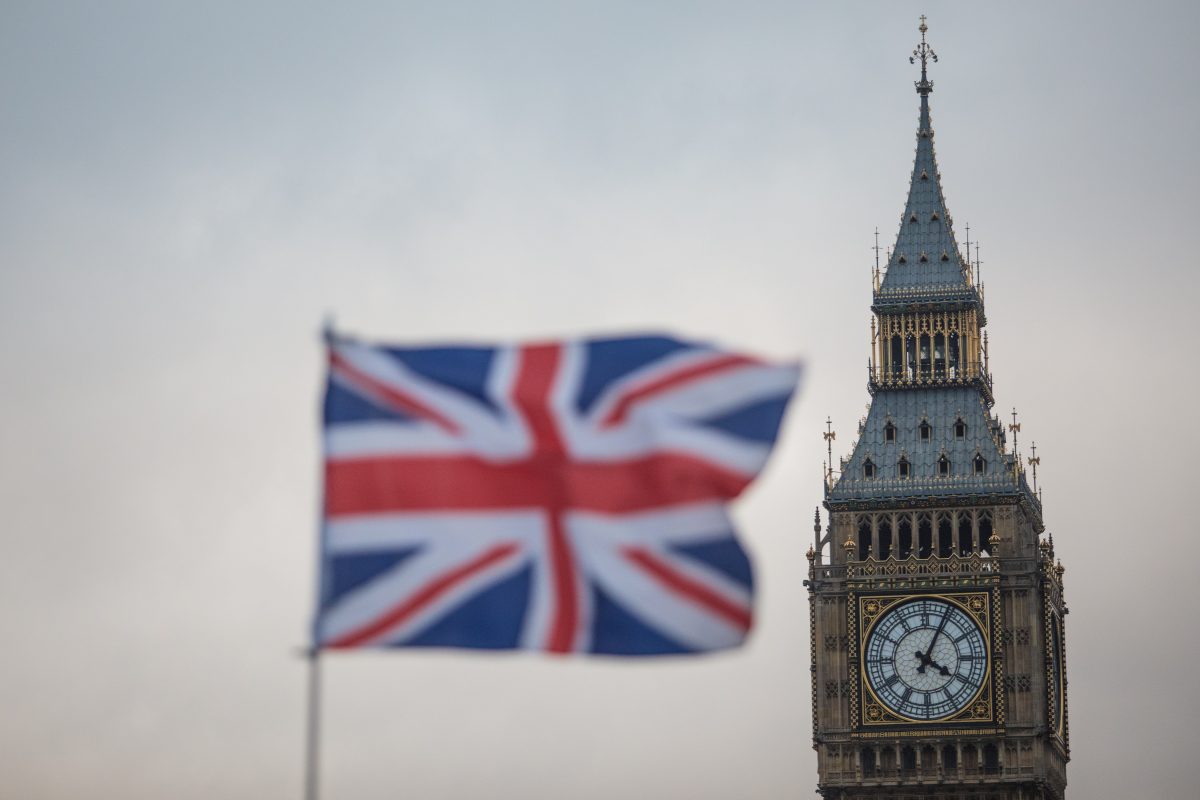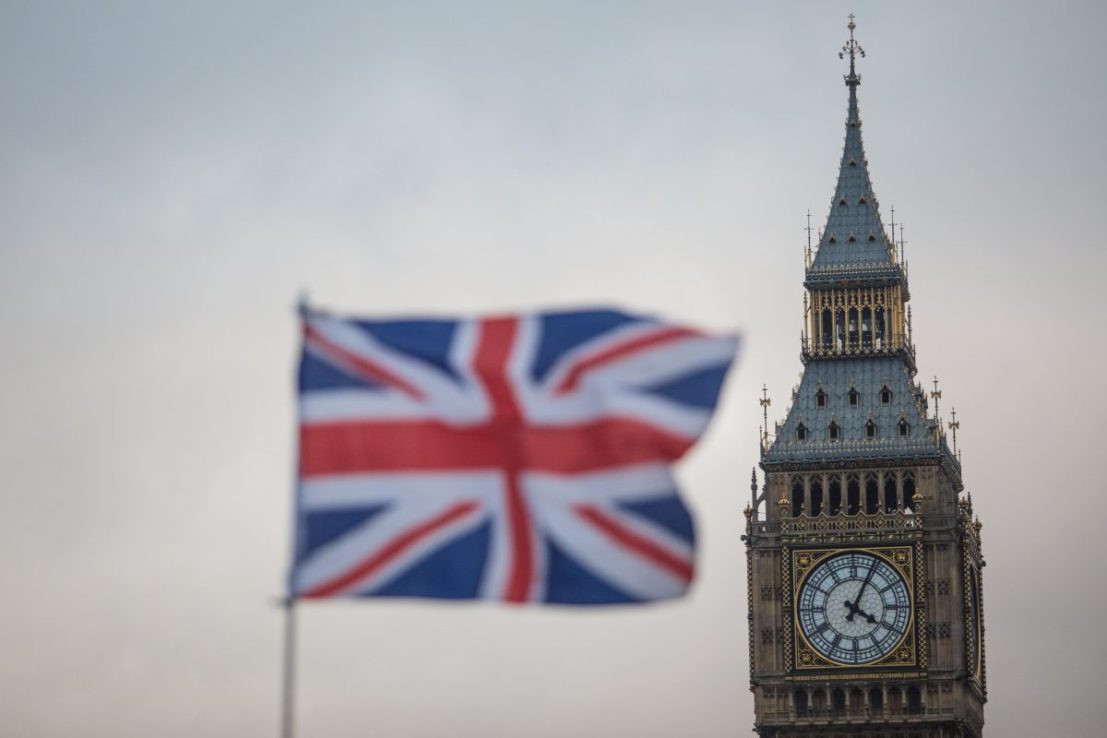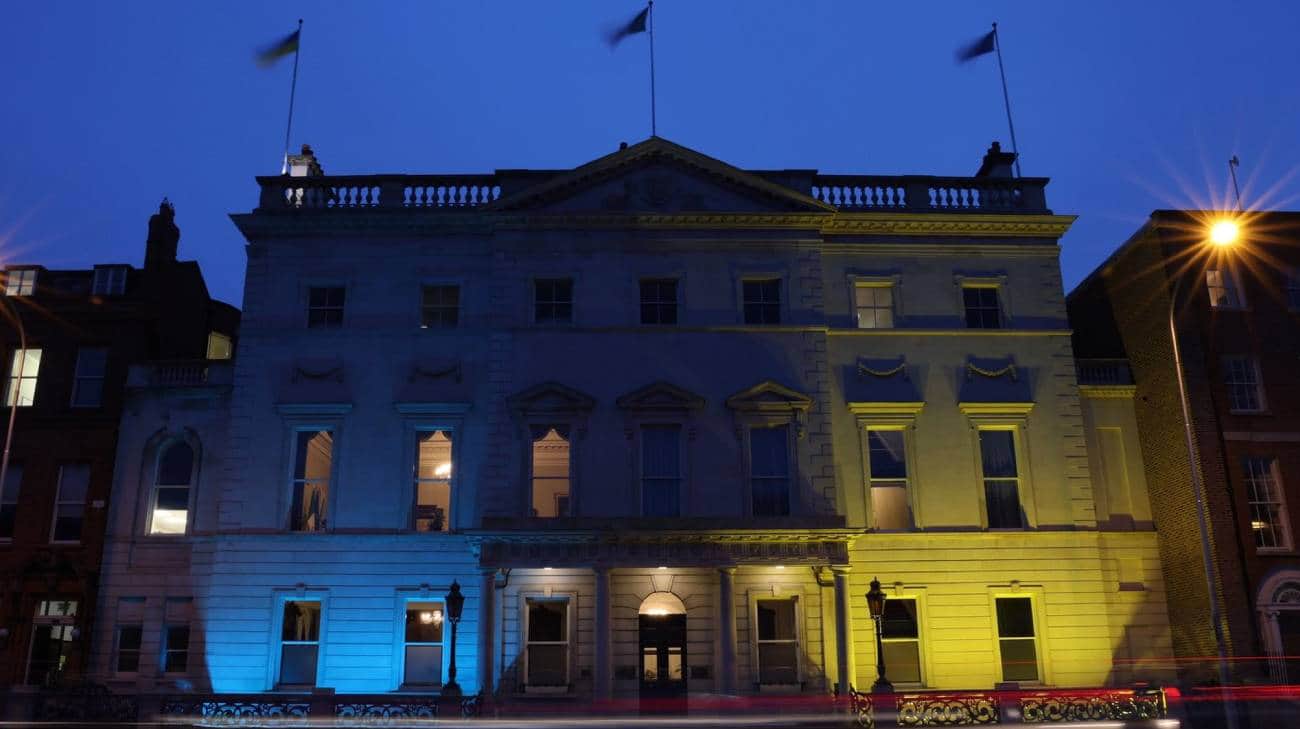Government borrowing plummets thanks to rising tax take
Government borrowing dropped to £11.4bn in November, £3.4bn lower than last year, as higher tax receipts and lower debt interest gave the government a much needed boost. With the lowest November borrowing in three years, the current budget deficit, or amount of borrowing to fund day-to-day public sector activities, also dropped by more than a [...]


Government borrowing dropped to £11.4bn in November, £3.4bn lower than last year, as higher tax receipts and lower debt interest gave the government a much needed boost.
With the lowest November borrowing in three years, the current budget deficit, or amount of borrowing to fund day-to-day public sector activities, also dropped by more than a third to £6.8bn, according to data from the Office for National Statistics.
Central government tax receipts increased by £3.8bn since last year, with £1.6bn coming from income tax, £1bn from coproration tax, and £300m from VAT.
Meanwhile, central government expenditure dropped by £200m, due entirely to a fall in interest costs.
Interest on central government debt plummeted from £7.7bn in November 2023 to just £3bn, thanks to movements in the retail price index, providing the lowest November figure in five years.

Lower interest costs provided a “temporary respite on public sector borrowing” said Dennis Tatarkov, senior economist at KPMG UK.
“However, this trend is unlikely to last as actual and projected inflation has moved up in recent months, which would push up interest costs going forward,” he explained.
“Interest payable on index-linked gilts follows changes in the retail price index, which adds a significant level of volatility to the overall interest costs on central government debt.”
Despite the good news for the government, public sector net debt excluding public sector banks now sits at about 98.1 per cent of GDP, 1.2 percentage points more than last year and still close to the highest since the early 1960s.
“When we were elected, we inherited crumbling public services and crippled public finances, with a £22bn black hole, said chief secretary to the Treasury Darren Jones.
“This government will never play fast and loose with the public finances. Now we have wiped the slate clean, we are focused on investment and reform to deliver growth, delivering the Plan for Change, to put more money in people’s pockets, get the NHS back on its feet, rebuild Britain and secure our borders in a decade of national renewal.”



